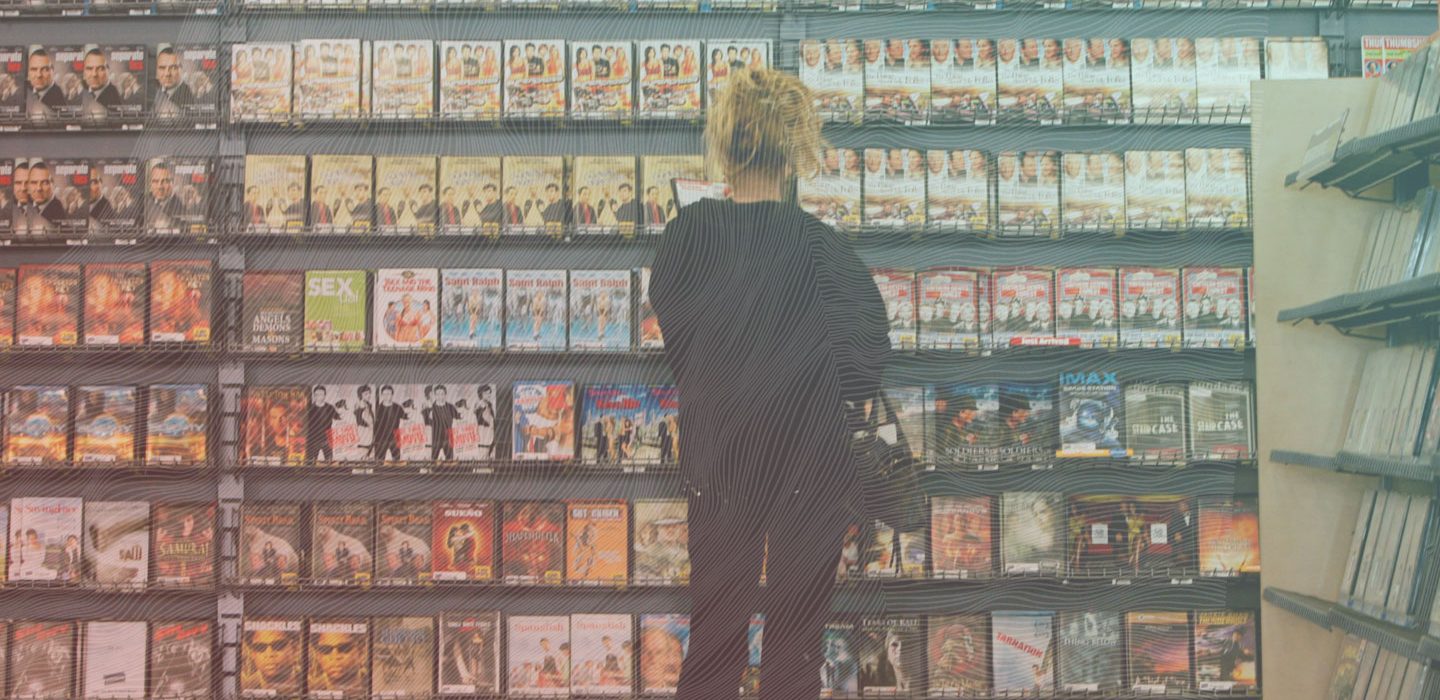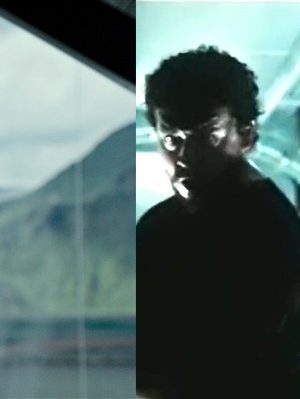Could Baltimore’s crowdfunded Beyond Video be the start of a major comeback for a bygone neighborhood staple?
In the process of relentless domestic decluttering, those bulky VHS players we used to have propping up our tube televisions have, for many, met their maker. Anyone training the crosshairs at the DVD or Blu-ray machine, believing that streaming services are the sole solution to all film watching needs, may want to hang tight. Eric Hatch is part of a collective based in Baltimore who have secured $32,500 through a crowdfunding campaign and are now set to resurrect the time-honoured tradition of the video rental store.
“I think we are recreating, to a certain extent, something we love and we miss. Also, it’s something that an entire generation missed out on.”
Beyond Video is not going to be a replica of the type of commercial chains which pebble-dashed their walls with hundreds of copies of the latest Hollywood product and with little concession to the classics of cinema. It’s going to be more in line with the current vogue for records shops – run by staff who know their subject, and offering a broad range of movies from across the globe and which celebrates rather than shuns those little known, little seen historical greats. “Video stores are super important to me,” says Hatch who grew up in the Baltimore suburb of Columbia and received his cultural education through book, record and video stores. “There is nostalgia embedded in the project,” he admits. “I think we are recreating, to a certain extent, something we love and we miss. Also, it’s something that an entire generation missed out on, the younger hip people who never got the bug for streaming services.”
Part of this mission is actually in homage to a fallen mainstay of the Baltimore movie scene: an independent mini-chain called Video Americain whose last store shuttered in 2014. “If you watch the John Waters film Serial Mom, that’s the store you see there. I worked as manager at that shop for about six years. My career subsequent to that he has been as a programmer for film festivals and as a film critic. I owe everything to video stores like Video Americain. In 1998, the owner of W Video Americain, as a bonus, sent me and a co-worker to the Toronto Film International Film Festival, and it really changed my life. I became the programmer for the Maryland Film Festival, and my co-worker, Sean Price Williams, is now a noted cinematographer. Initially, we were all former Video Americain employees and we didn’t want to see it go away. Our goal was to create a comparable space with a business model that would work in today’s reality.”
The store itself is being made possible by a friendly landlord who believes in the project and it will inhabit a building which used to be a slightly Satantic punk record store called Reptilian Records.
The driving force behind the project is the sincere belief that cinephiles want the chance to choose movies for themselves, and they want to take their damn time about it. “Browsing for something to watch online feels terrible,” says Hatch. “It feels like wasted time. Whereas browsing in a video store, if it’s a good one, feels edifying and fulfilling. It speaks to the way a video store can have a more comprehensive collection, how it can be organised in a more appealing way. Just the fact that there’s a human being to talk to. Video stores are important community spaces. Algorithms can yield some really interesting results, but human conversation still has them beat.”
Despite a healthy scepticism towards the world of digital streaming, Beyond Video doesn’t seem like a violent reaction to giants like Netflix and Amazon Prime. Yet Hatch believes that, in the realm of film, there isn’t any online catalogue that comes close to being referred to as comprehensive. “There are algorithms for determining what you like are probably better than what they have been. Unlike with music, where there are some veiy comprehensive sources that have almost everything that you would want to hear, there is no comparable source for film.” Often it’s not just a case of cultivating personal tastes, but diverting attentions towards what the service wants you to see. “The way I look at it, Netflix destroyed video stores with this promise of universal availability. Then like a big box store, it waded in and shut down all the mom and pop stores, and then changed its business model. The promise that film history is available to you at your fingertips is false.”
Hatch and his gang haven’t just been crowdfunding for cash, but for stock too: “We’ve been receiving collections and any rogue film that people just want to get rid of, primarily DVDs. We’ve been doing a lot of work trying to build a comprehensive collection and identify the titles that we don’t have. I created a Google doc with a wish list. People from all over the continent have sent us one title, 10 titles, 100 titles that we need.” Were pornographic titles considered? “Some think we should. We kept it off our original crowdsourcing list as we didn’t want to handle used pom coming in the mail. We think it’s probably worthwhile to offer some of the historically significant adult films from the ’70s as they really are part of the wider story of cinema. But there won’t be a special room you go into with a curtain or anything like that” ®
Keep up with Beyond Video’s progress at beyondvideo.org








